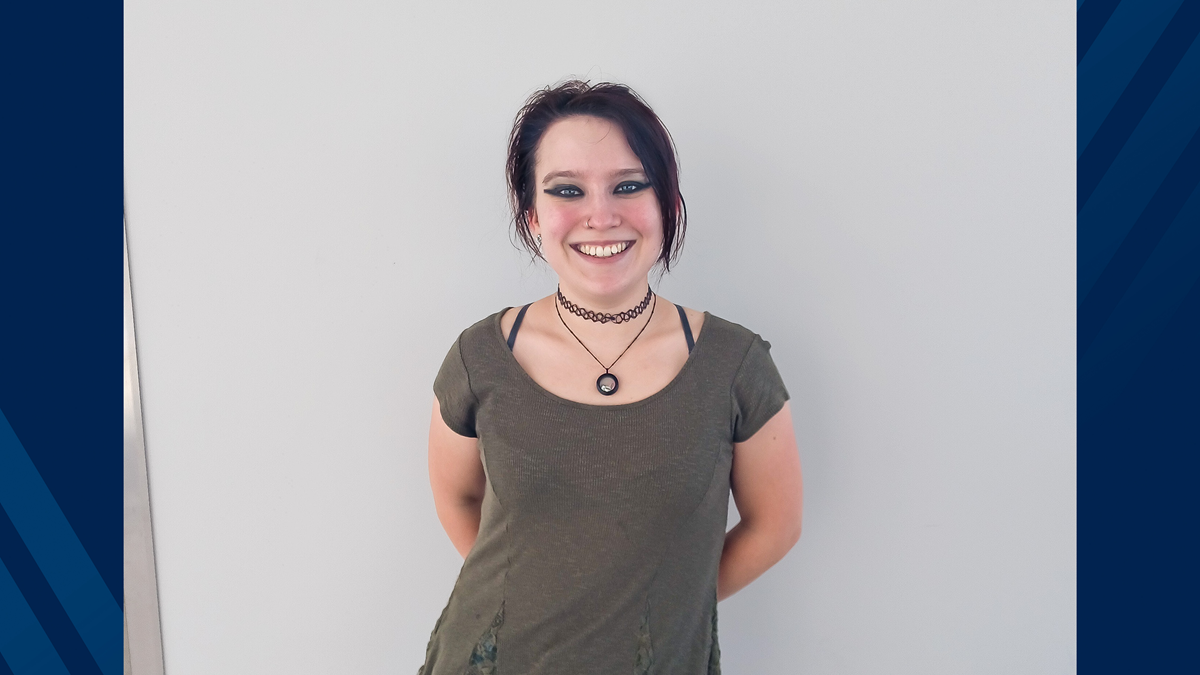Shelby Bradford

“I say that there are a lot of paths you can take, so you should find what you’re passionate about and pursue it.”
Shelby Bradford defended her Ph.D. in Immunology and Microbial Pathogenesis at the West Virginia University School of Medicine.
As a first-generation student, Bradford is passionate about educating young minds about the world of science and hopes to make a career for herself in science communication.
Bradford studied Immunology and Medical Microbiology as an undergrad at the university, before moving on to her Ph.D. program.
“I have always been interested in the science behind disease, immunology and the human body, so this program was a great fit for me,” said Bradford.
Bradford says that during her time at the university, she has had many opportunities and experiences that have helped her find what she’s truly passionate about.
“I’ve gotten to connect with scientists and science writers, like Dr. Paul Offit and Shawn Otto, that were invited to speak at the university by the WVU graduate office, as well as meet professionals beyond academia through the Non-Academic Careers in Science Seminar,” said Bradford. “I also had the opportunity to go to Los Angeles and learn about science video production and I’ve spent time volunteering at the Carnegie Science Center and the state-wide outreach program SPOT. All of these seemingly unrelated opportunities helped me get to where I am today.”
Bradford says that pursuing science communication may seem like an out of the ordinary career path, but she hopes to inspire people with her love for science and share what she knows in a creative way.
“There is a mindset oftentimes in academia that when you earn your Ph.D., you will stay in academia,” said Bradford. “I say that there are a lot of paths you can take, so you should find what you’re passionate about and pursue it.”
Bradford is an AAAS Mass Media Fellowship recipient and will be writing on current science topics with WITF news station in Harrisburg, Pennsylvania.
As someone taking a more nontraditional route after graduating with her Ph.D., Bradford shares her advice to anyone considering similar paths, “Dive into your interests, develop your soft skills and don’t be afraid to try something new.”
After her fellowship, Bradford hopes to further her career in science communication and continue to share her love for science with the world.